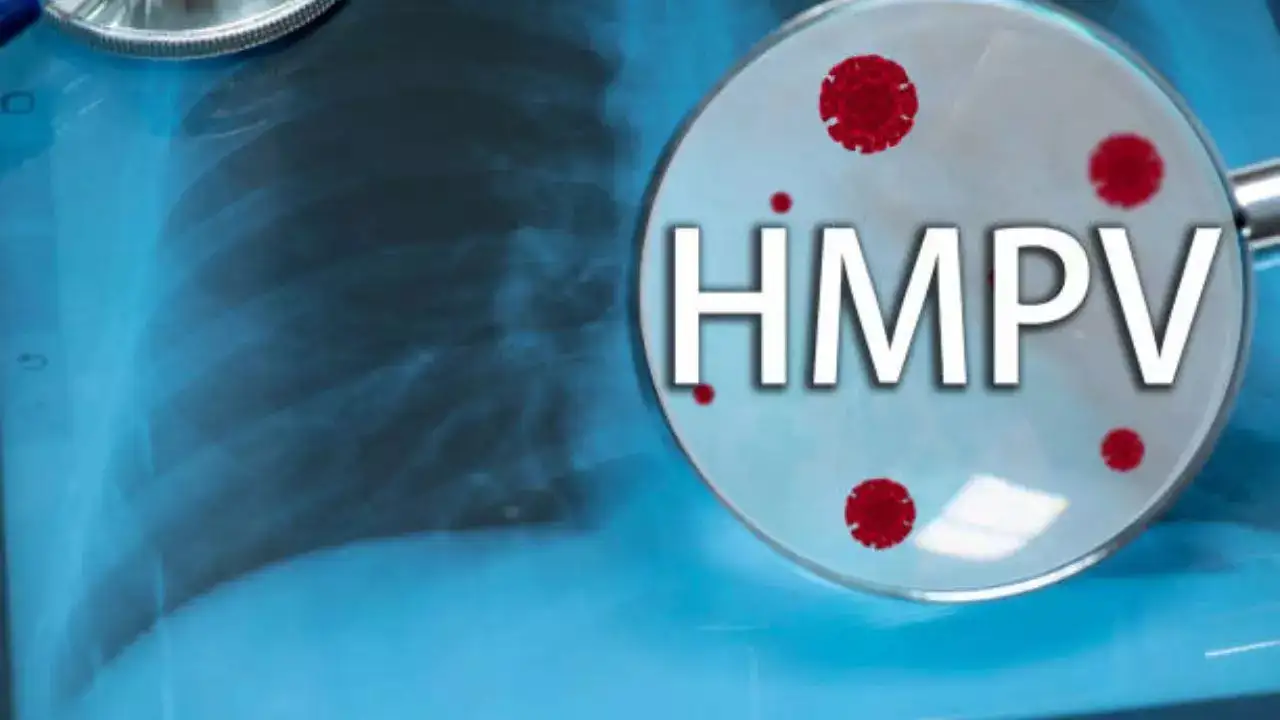
In India, three cases of the virus have been detected in infants – two in Bengaluru and one in Ahmedabad, without any travel history
HMPV Virus In India: The sudden surge in human metapneumovirus (HMPV) in China has raised alarms about a possible virus outbreak reminiscent of the COVID-19 pandemic. However, China says it is a seasonal illness that happens every winter season. Health authorities say the surge in HMPV cases coincides with colder weather and increased indoor activity, which are common factors that facilitate the spread of respiratory viruses.
Also Read: HMPV Virus In India Live
In India, three cases of the virus have been detected in infants—two in Bengaluru and one in Ahmedabad—without any travel history. According to doctors, it is important to note that this increase aligns with typical seasonal patterns. Even though the World Health Organisation (WHO) has not classified the situation as a global health emergency, the growing number of cases has prompted officials to enhance monitoring measures.
There are a few Frequently Asked Questions about the virus that give you an insight into what exactly HMPV is.
What is HMPV?
Human metapneumovirus is a virus that usually causes symptoms that are similar to a cold. You may cough or wheeze, have a runny nose, or have a sore throat. Even though most of the cases of the virus are mild, young children and adults over the age of 65 years and those with weakened immune systems are at the highest risk for serious illness.
HMPV is common, most people get it before they turn 5 years old.
Is HMPV just a cold?
Doctors say HMPV most often causes symptoms that are similar to a cold, but some people can get very sick. You can be severely sick the first time you get HMPV - which is why young kids have a greater risk for serious illness.
However, you may get some immunity from your first infection and then have mild, cold-like symptoms if you get another infection later. Adults over 65 years and those with breathing issues or a weakened immune system may also get severe symptoms.
What are the symptoms of HMPV?
A few signs and symptoms of human metapneumovirus include:
- Severe cough
- High fever
- Runny or stuffy nose
- Sore throat
- Wheezing
- Shortness of breath
- Rashes all over the body
- Escalated bronchitis or pneumonia
How can you diagnose HMPV?
Usually, doctors diagnose HMPV based on your symptoms and health history. They might use a soft-tipped swab to get a sample from your nose or throat. A lab tests the sample for viruses and other infections. However, it is important to note that you may not be tested for HMPV unless you have serious symptoms.
How is HMPV treated?
While there are no antiviral medications that treat human metapneumovirus, doctors say most people can manage their symptoms at home until they feel better. In case of severe symptoms, you may be admitted to a hospital, where the doctors can monitor your condition and help prevent you from getting sicker. You may be treated with:
Oxygen therapy
If you are having a hard time breathing, extra oxygen through a tube in your nose or a mask on your face can be provided.
IV fluids
Fluids delivered directly to your vein (IV) help keep you hydrated.
Corticosteroids
Steroids reduce inflammation and might ease some of your symptoms.
Do antibiotics treat HMPV?
No, since antibiotics only treat bacteria. HMPV is a virus, so antibiotics will not be able to get rid of it. However, sometimes, those who get pneumonia from HMPV also get a bacterial infection at the same time.
How do you take care of yourself when you have the virus?
You can manage mild, cold-like symptoms of HMPV at home by:
- Drinking lots of fluids to prevent dehydration
- Take over-the-counter or OTC medications like pain relievers, decongestants, and cough suppressants to help your symptoms. Do not give medications to kids without asking their pediatrician first; some medications that are OK for adults are not safe for kids.
What has the Indian government said?
According to the Union Health Ministry, there is no cause for alarm even though the virus is circulating in India.
Get Latest News Live on Times Now along with Breaking News and Top Headlines from Health and around the world.
